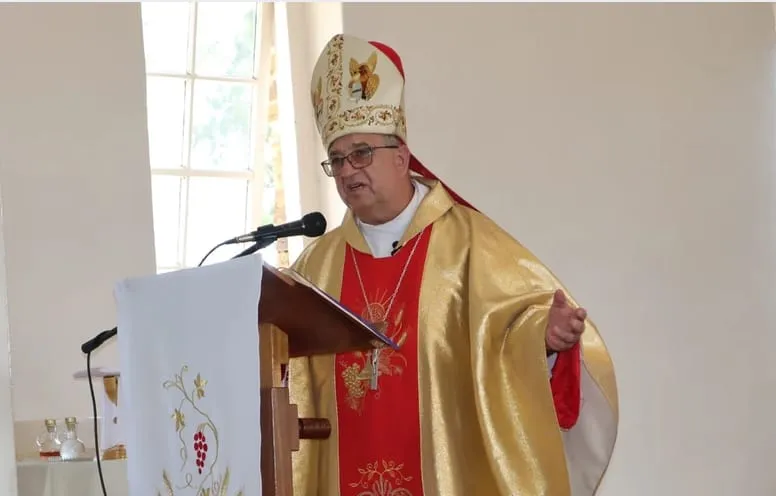“Those who serve in Caritas mission must be first and foremost true witnesses of Christ,” Bishop Dziuba said, making reference to the 2012 Apostolic Letter of Pope Emeritus Benedict XVI on the Service of Charity.
“Jesus identified himself with the hungry, the thirsty, the strangers, the naked, the sick, the prisoners,” he said in reference to the November 2012 Apostolic Letter, and added, “We are called to recognize the face of Jesus in the faces of our brothers and sisters, in particular the poor and the marginalized.”
The member of the Order of Saint Paul the First Hermit (Pauline Fathers – OSPPE) further said that the charitable arm of the Catholic Church in South Africa “should be a sub-structure of the Parish Pastoral Council, supported by the Priest, local structures and report to the Parish Pastoral Council.”
Caritas, the 62-year-old native of Poland went on to say, “should not be just taken as any NGO in the Parish or Diocese, but an integral part of the Mission of the Church in today’s world.”
In his July 20 address to Caritas coordinators at the fifth General Assembly of Caritas SA, Bishop Dziuba lauded the charitable arm of the Catholic Church in the country for its “heroic service" during 2021 civil unrest and the 2022 natural disasters in parts of the country.
He said, “The past year was a challenging time for Caritas on National, diocesan and parish levels as the communities around the country, especially in Kwazulu Natal (that) experienced many disasters, starting with unrest and looting – that made so many people suffer, who lost their property, lost jobs, and it revealed the broken hearts of people and moral disaster.”
The Bishop who has been at the helm of Umzimkulu Diocese since his Episcopal Ordination in March 2009 continued, “The floods at the south-eastern part of the country – brought so much misery to thousands of people, who often lost everything they possessed, even lives.”
He also made reference to “the continued terrible war in Ukraine”, which he said has created “instability, rising prices, shortage of supplies – so those who are the poorest are suffering much.”
“These crisis situations revealed the heroic service of Caritas and other Church’s institutions as well as associations and individuals to those in need, but also vulnerability of Caritas structures, networking, communication and ways of responding to emergency situations,” Bishop Dziuba during his July 20 address.
Sheila Pires is a veteran radio and television Mozambican journalist based in South Africa. She studied communications at the University of South Africa. She is passionate about writing on the works of the Church through Catholic journalism.








